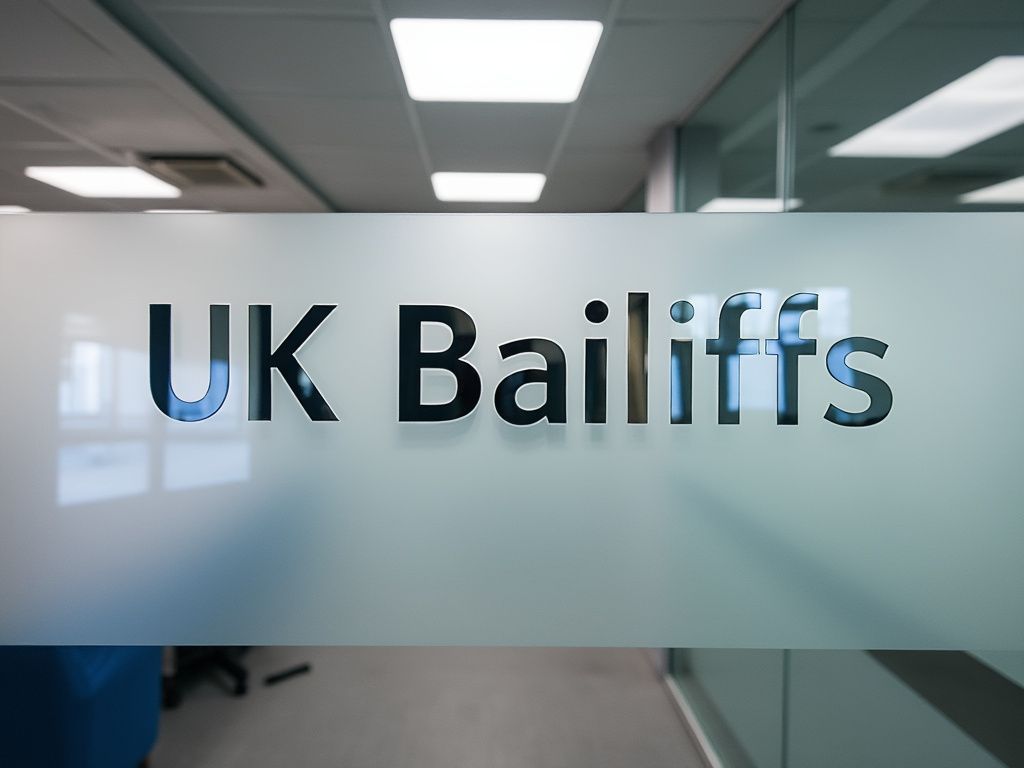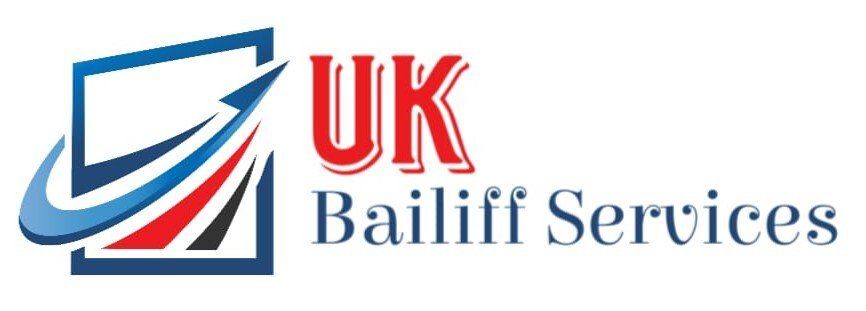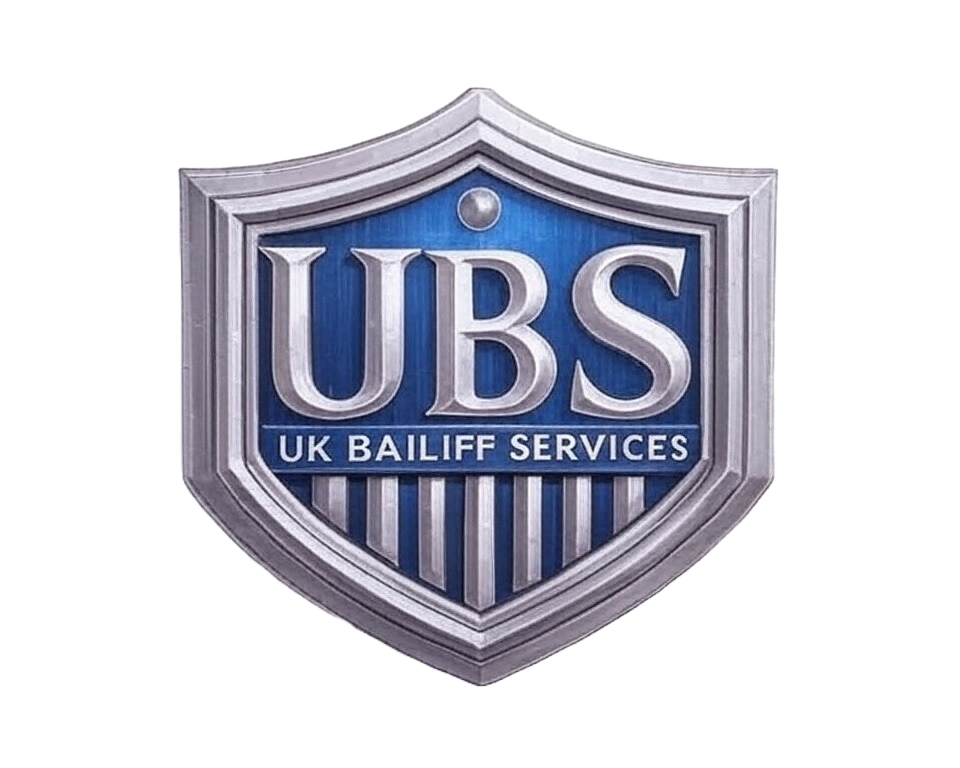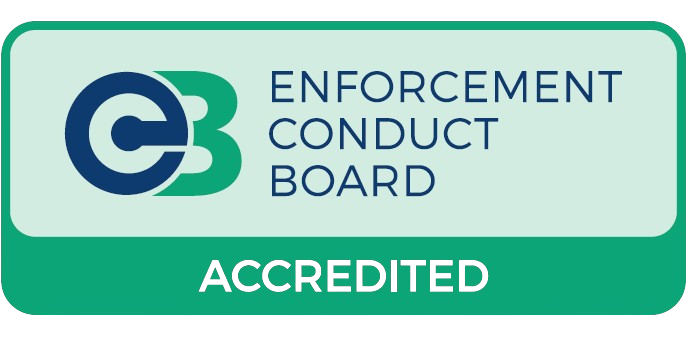Fixed and Floating Charges
Many businesses have registered Fixed and Floating Charges (Debentures) listed with Companies House. These can impact enforcement action if a creditor is seeking to seize goods or take control of assets.
Fixed charges are usually secured against specific items such as property or equipment. Floating charges cover broader categories of assets, like stock or receivables, which change over time.
If you’re unsure how these apply to enforcement, or how they may affect the recovery of debt or asset seizure, contact our team for advice before taking action.

Fixed & Floating Charges (Debentures) Explained
Fixed Charges (Debentures)
A fixed charge is a type of security interest registered against specific, identifiable company assets — such as land, buildings, or machinery. These assets cannot usually be sold or removed without the lender’s permission.
Fixed charges are documented and recorded in an asset list, giving the lender a strong proprietary interest in the listed items.
Floating Charges
Floating charges apply to fluctuating assets — like stock, office furniture, or equipment — allowing the company to trade them freely in the normal course of business.
The company may sell, replace, or use these assets without prior consent from the lender, as long as its overall asset pool remains viable and replenished.
Converting a Floating Charge into a Fixed Charge
A floating charge becomes a fixed charge if certain events occur — such as loan default or insolvency — giving the lender legal control over the affected assets. This process is known as Crystallisation.
Once crystallised, the lender can seize both fixed and floating charge assets to recover their debt.
Enforcement & Possession Rights
Enforcement Agents may be told that goods cannot be removed because they belong to a lender. However, floating charges do not provide the lender with a right of possession unless crystallisation has occurred.
If there is no fixed charge or other third-party claim, Enforcement Agents can take control of goods under a floating charge.
Due Diligence & Paperwork
Lenders often include additional clauses in floating charge agreements (e.g., prompt tax or rent payments) to trigger crystallisation early. However, most banks must issue a formal notice to enact this.
In most cases, crystallisation is not automatic — and unless such notice is served, Enforcement Agents can proceed with recovery.



